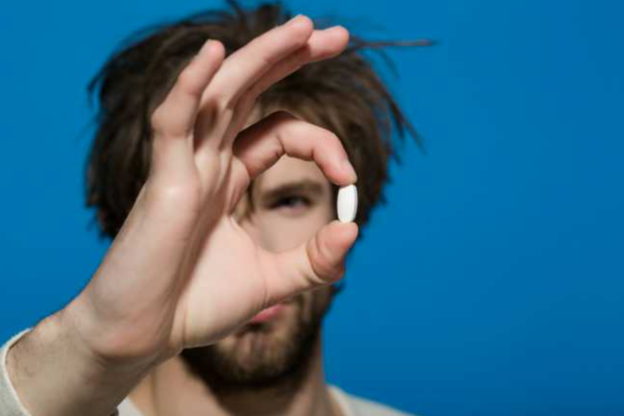Detox refers to the process of letting the antidepressants leave the body. When detoxing off antidepressants, doctors suggest gradually reducing the dose until a person can stop taking the medication altogether with no symptoms of withdrawal.
However, it’s not a perfect science. Some people cut their dose in half and then from there decreases it by quarters. Some individuals do this in a month while others do it over several months.
All the while, a doctor should keep track and modify doses according to a patient’s needs. If you need help in the meantime, SAMHSA’s National Hotline is always available to help you.
Treatment for Withdrawal
While detox is the first important step to quitting. Treatment can be useful in order to treat the underlying depression. Sometimes patients visit a counselor to help them understand and progress past their depressed feelings.
Although some people who take antidepressants may abuse substances like drugs and alcohol. If their medications aren’t working effectively, Polydrug use like this, for example, can potentially worsen depression and increase the chances of addiction.
That’s why it’s imperative to seek a treatment center or the advice of a doctor regarding detoxing. After all, detoxing can be difficult; however, if you do it right, it can be less challenging both physically and psychologically.
Seek Help Today
Withdrawal from antidepressants will leave you with clear side effects like headache, nausea, and anxiety. However, for some people, it will be less intense, and for others, it will be more challenging to overcome. It all just depends on how long you’ve been taking the antidepressants and what kind of antidepressant it is.
Although, doctors suggest gradually reducing the dose in order to combat the chemical imbalance that’s happening in the brain. This can work over a month or several months. Just be patient and prepared to feel like yourself again!
For more information about antidepressant withdrawal, contact us today. We look forward to helping you!
Medically Reviewed: September 25, 2019
Medical Reviewer
Chief Editor
About
All of the information on this page has been reviewed and verified by a certified addiction professional.
Dr Ashley Murray obtained her MBBCh Cum Laude in 2016. She currently practices in the public domain in South Africa. She has an interest in medical writing and has a keen interest in evidence-based medicine.
All of the information on this page has been reviewed and verified by a certified addiction professional.




